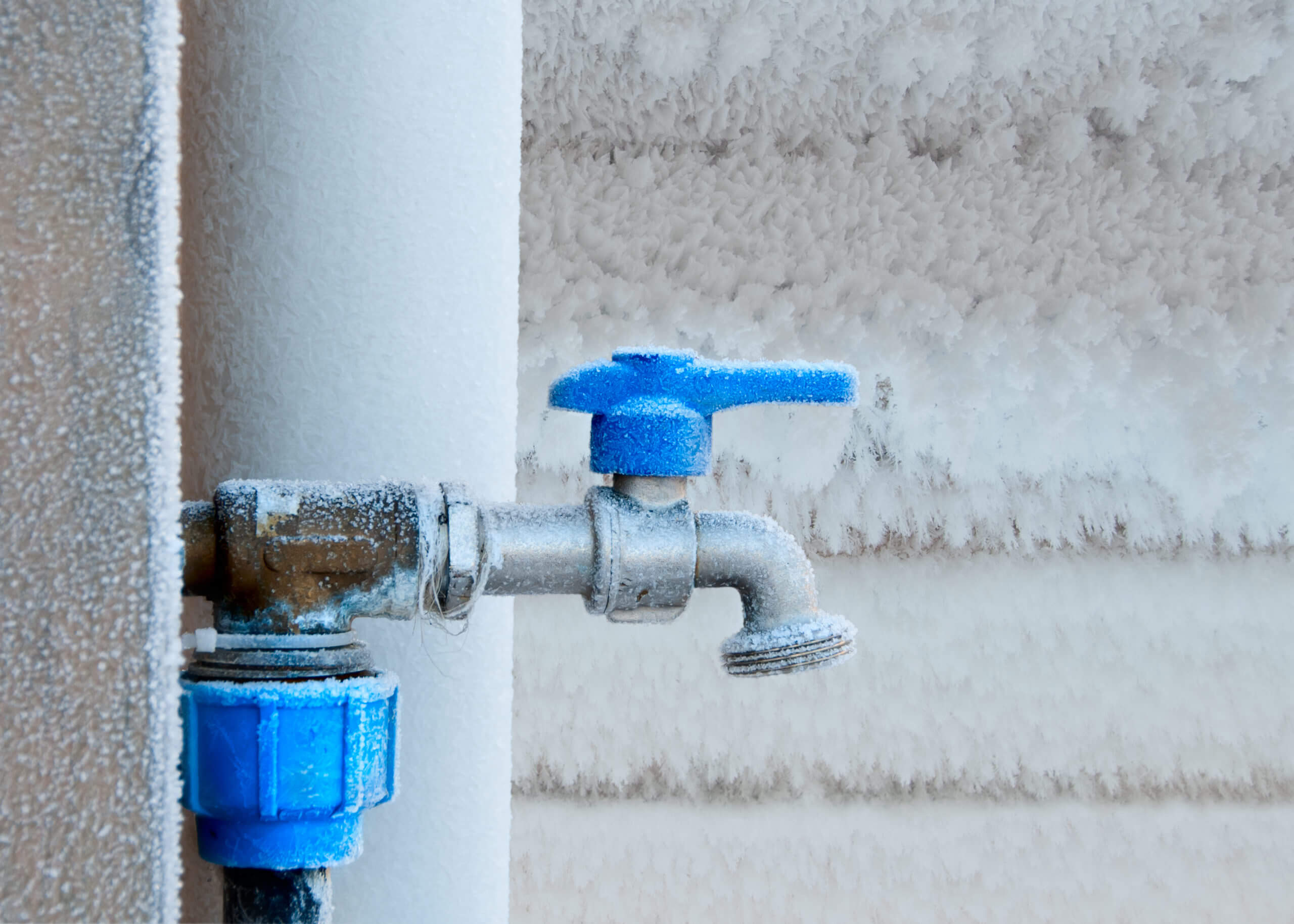How To Winterize Plumbing for the Cold Season

When you winterize plumbing, you protect pipes, valves, and fixtures from costly freeze damage. Use this simple plan to prepare Los Angeles and Orange County homes for cool nights or mountain trips where temperatures dip.
Winterize Plumbing: Priority Checklist
- Open cabinets on cold nights and keep indoor temps steady.
- Insulate exposed runs and outdoor hose bibs; add covers as needed.
- Know main and fixture shutoffs so you can act quickly.
Protect Pipes Indoors & Out
Seal drafts around sill plates and hose bib penetrations. Disconnect and drain garden hoses. For seldom‑used areas, consider heat cable with built‑in thermostat to safeguard lines.
Water Heaters & Fixtures in Cold Months
Flush sediment, test relief valves carefully, and replace brittle supply lines. Aerator cleaning improves flow after long holiday visits when usage spikes.
If a Freeze or Burst Happens
Shut water off, open nearby faucets, and warm lines gradually. After repairs, retest pressure and monitor for slow leaks to complete your winterize plumbing effort.
Book a pro visit with Plumbing Squad in Los Angeles or OC.
Key Takeaways
- Understand the essentials of winterize plumbing for the cold season so you can act quickly and avoid damage.
- Use safe, proven methods first; avoid shortcuts that create bigger problems.
- Prevent issues with routine maintenance and timely upgrades.
- Know when to call a professional to save time, money, and stress.
Smart, Efficient Upgrades
- Water‑efficient fixtures and leak‑detection shutoff valves.
- Pressure regulation to protect pipes and appliances.
- Filtration and conditioning for better water quality.
Routine Maintenance
Annual inspections catch small problems early—corroded supply lines, slow drains, and aging shutoffs. Document your system (valve locations, model numbers) for faster service.
FAQs
How can I prevent winterize plumbing for the cold season?
Start with routine maintenance: inspections, cleaning, and replacing worn parts before they fail. Address small issues early, use quality fixtures, and follow manufacturer guidelines. A yearly whole‑home check by a pro helps catch problems before they turn into winterize plumbing for the cold season.
Can DIY fixes make winterize plumbing for the cold season worse?
Yes. Using the wrong chemical, tool, or technique can damage pipes, fixtures, or finishes, and often pushes the problem deeper. Stick to safe methods and call a pro when you hit resistance, smell sewage, or see leaks.
When should I call a professional plumber for winterize plumbing for the cold season?
Call right away if there’s active leaking, sewage odors, recurring clogs, no hot water, water stains, or you’ve tried basic steps without success. Emergencies include burst pipes, backflows, and any leak near electrical.
How much does it typically cost to address winterize plumbing for the cold season?
Costs vary by scope, materials, access, and location. Expect a basic service call to start around a few hundred dollars, while larger repairs or replacements range higher. After an on‑site assessment, your plumber can provide a firm, written estimate.
Need a Reliable Plumber?
Plumbing Squad handles inspections, repairs, and emergency service with transparent pricing and clean workmanship. Call today or book service to get expert help fast.

